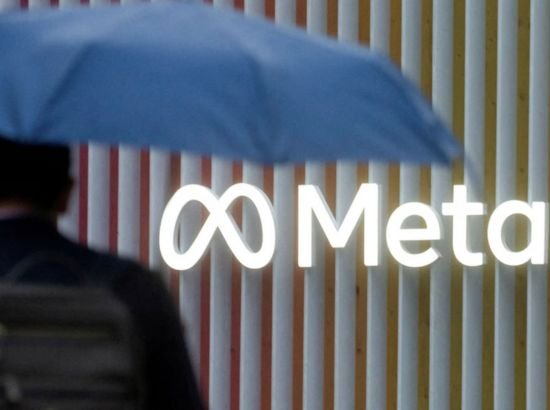
Lawsuits Allege Mental Health Issues from Extreme Content Moderation
Meta, the parent company of Facebook and Instagram, is facing multiple lawsuits in Ghana regarding the severe psychological distress endured by its content moderators. These workers, employed by a contractor in Accra, have claimed they suffer from mental health issues such as depression, anxiety, insomnia, and substance abuse due to the graphic and disturbing content they are required to review.
The lawsuits focus on Majorel, a company contracted by Meta, where around 150 moderators are employed in Accra. The workers have been exposed to violent and disturbing content, including videos of brutal acts such as murders and sexual abuse, leading to long-term psychological effects.
Psychological Toll on Workers
Moderators revealed the mental health strain they endure in the course of their jobs. One individual, whose identity is protected for legal reasons, reported attempting suicide due to the disturbing nature of the content, only for his contract to be terminated afterward. Others describe the conditions as being grueling, with limited mental health support from their employer.
A joint investigation by The Guardian and the Bureau of Investigative Journalism has highlighted these troubling conditions. The work environment is also alleged to include surveillance practices that add further stress to the workers’ daily lives.
Mental Health Care Concerns
The moderators in Ghana have voiced dissatisfaction with the mental health care provided, which they claim is inadequate and unhelpful. They state that the support offered was not administered by medical professionals and that disclosures about the psychological toll of the work were mishandled by managers.
In response, Teleperformance, the parent company of Majorel, has stated that licensed mental health professionals are employed and that all content moderators are offered psychological support.
Low Wages and Poor Working Conditions
Another key issue raised by workers is the low wages, which fall below the cost of living in Accra. Content moderators are reportedly incentivized to work overtime at rates lower than their normal pay. Contracts show that the base wage is just over 1,300 Ghanaian cedis per month (roughly £64), with bonuses increasing the pay to a maximum of 4,900 cedis (£243), far less than what is required to cover living expenses in the area.
Despite these claims, Teleperformance insists that the pay and benefits offered to moderators are competitive, with wages significantly higher than the local minimum wage.
Legal Action and Hope for Reform
The legal action is being spearheaded by the UK-based nonprofit organization Foxglove, which is preparing two lawsuits against Majorel in Ghana. One will focus on the psychological harm suffered by moderators, while the other will address unfair dismissal following the suicide attempt. Foxglove aims to bring attention to the often-overlooked mental health issues faced by content moderators worldwide, pushing for legal recognition of psychological harm in the workplace.
Foxglove’s co-executive director, Martha Dark, emphasized the lack of regard for the wellbeing of content moderators, noting that they are often treated as disposable workers who bear the mental burden of keeping social media platforms free from harmful content.
Global Context and Meta’s Responsibility
This legal battle follows a similar case in Kenya, where over 140 content moderators employed by Samasource were diagnosed with post-traumatic stress disorder due to their exposure to graphic content. Both Majorel in Ghana and Samasource in Kenya are part of Meta’s outsourcing network, which employs workers from across Africa to moderate content.
Meta has responded by stating that all contractors are required to provide fair compensation and mental health support, but critics argue that these measures have not been sufficient. The company has pledged to improve the support available to content moderators and has emphasized that it takes these issues seriously.
As the case progresses, the outcome could have far-reaching implications for the tech industry, possibly setting a precedent for how content moderation and the psychological health of workers are addressed in the digital age.